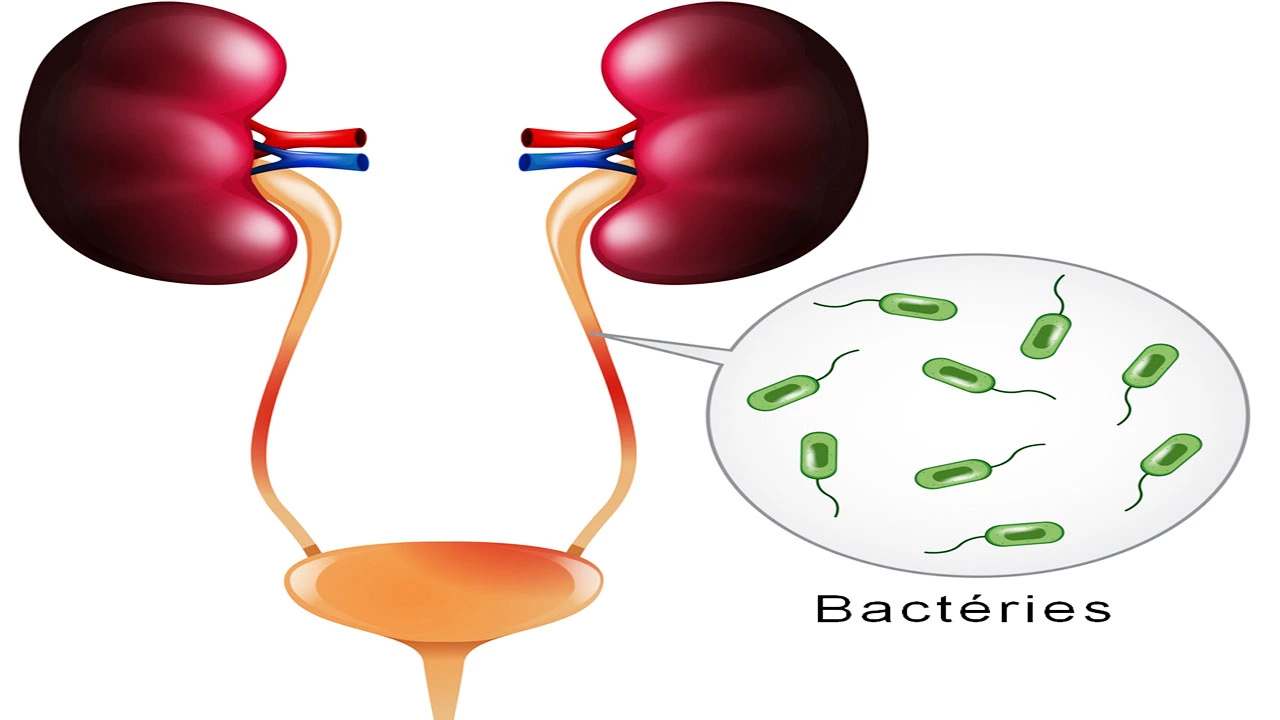Understanding the Basics of Dysuria
If you've ever felt a burning sensation while urinating, you've experienced what doctors call dysuria. This discomfort can range from mild to severe, and it can be alarming if you don't know what's causing it. That's why it's crucial to understand the basics of dysuria, so you can better respond to these symptoms and seek appropriate medical attention. It's important to remember that dysuria is a symptom, not a disease in itself, and it can be a sign of various underlying conditions.
Common Causes of Burning Sensation When Urinating
Several conditions can cause a burning sensation when you urinate. Common causes include urinary tract infections, sexually transmitted infections, and bladder infections. For men, an enlarged prostate or prostate infection can also be the culprit. In women, vaginal infections or conditions like interstitial cystitis could cause the burning sensation. It's important to identify the cause of the burning sensation to treat it effectively.
Recognizing the Symptoms of Dysuria
While a burning sensation during urination is the primary symptom of dysuria, other symptoms can accompany it. These include frequent urination, cloudy or strong-smelling urine, lower abdominal pain, and a feeling of incomplete bladder emptying. In some cases, there may be visible blood in the urine. If you experience any of these symptoms along with dysuria, it's crucial to seek medical attention promptly.
When to Seek Medical Attention
If you have a burning sensation when urinating, it's crucial to know when to seek medical attention. If the sensation persists for more than a day or is accompanied by severe symptoms such as fever, back pain, vomiting, or visible blood in the urine, seek immediate medical attention. These could indicate a more serious condition that requires prompt treatment.
Diagnosing the Cause of Dysuria
Diagnosing the cause of a burning sensation when urinating involves a series of tests. These may include a urine test, blood test, ultrasound, or in some cases, a cystoscopy. Your healthcare provider will use these tests to identify the underlying cause of your symptoms and to determine the most effective treatment plan.
Understanding Treatment Options
The treatment for a burning sensation when urinating depends on its cause. Antibiotics are typically prescribed for infections, while other medications may be used for conditions like interstitial cystitis or an enlarged prostate. In some cases, lifestyle changes such as drinking more water, avoiding irritating substances, and using a heating pad can help alleviate symptoms.
Preventing Dysuria
Preventing a burning sensation when urinating involves a combination of lifestyle changes and medical interventions. Drinking plenty of fluids, maintaining good hygiene, and limiting irritants like harsh soaps and bubble baths can help. Regular medical check-ups are also important for early detection and treatment of any issues that could potentially cause dysuria.
Living with Dysuria
Living with a burning sensation when urinating can be uncomfortable and distressing. However, with the right treatment and lifestyle changes, you can manage the symptoms and improve your quality of life. Remember, it's essential to communicate your symptoms and concerns to your healthcare provider to ensure you receive the appropriate care.
FAQs about Dysuria
Many people have questions about dysuria, and this section aims to answer the most frequently asked ones. From understanding the causes of burning sensation when urinating to knowing when to seek medical attention, this FAQ section will provide you with essential information to help you manage this condition.
Conclusion
No one likes to experience discomfort or pain, especially when it comes to something as basic as urinating. But understanding why it's happening, recognizing the symptoms, and knowing when to seek medical help can make a world of difference. Remember, a burning sensation when urinating is not normal, and it's important to take it seriously. Armed with the right information, you can take better care of your urinary health and lead a more comfortable life.

